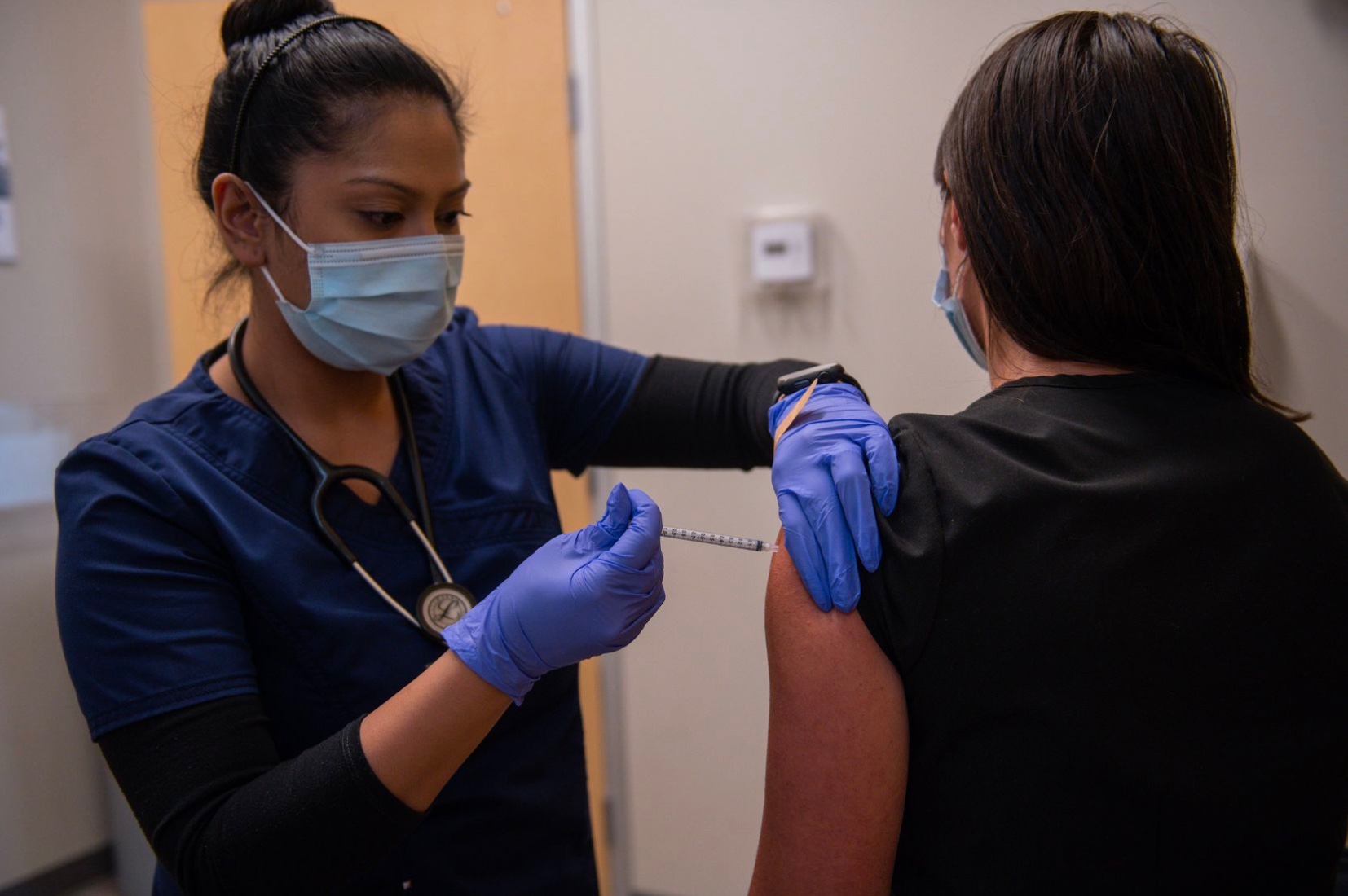Biomedical investor Harmonix’s story is different from other venture firms, which often get their start by raising a small first-time fund from backers.
Harmonix, which backs startups in healthcare, life sciences, aerospace and other sectors, began when founder and General Partner Maximilian Winter started investing his own money in startups.
Biomedical Investor Harmonix Raising Two New Venture Funds
Having had success with that initial pool, Harmonix is now raising two new venture funds from outside investors.
Harmonix grew out of a family office with ties to a German maker of automotive parts. Winter’s family founded Fritz Winter, a 72-year-old business whose products include engine blocks and brake discs and drums.
Growing up, Winter said he witnessed the difficulty of innovating at a large company and saw venture capital as a vehicle for introducing new technology into these organizations.
“I’ve observed there are more and more next-generation folks like me who are wondering how they can best contribute value to their family business,” Winter said.
In 2019 he dedicated $5 million of his own capital to startup investing. Initially, the idea was to back companies that could benefit Fritz Winter. Harmonix funded startups such as Nelumbo, whose surface-materials technology has potential applications for the automotive industry, he said.
Harmonix’s strategy soon evolved. Winter said his experience dealing with an autoimmune disease led him to observe gaps that needed to be filled in healthcare. At the same time, technological innovations in life sciences were creating new opportunities for growth.
Harmonix, based in La Quinta, Calif., invested the first fund in 30 startups, mostly in healthcare and life sciences. With the success of this pool, his family’s investment vehicle, the Winter family office, became the anchor investor in Harmonix’s second fund, which has a $50 million target. Harmonix invests
primarily in the U.S. but also has invested globally, including in Hong Kong, Germany and the U.K.
Harmonix has raised about half of that second vehicle and expects to close it this month, Winter said. In addition to the Winter family office, the second fund’s limited partners include individuals and other family offices, Winter said.
Harmonix has invested its second fund in a dozen startups and expects to make only three to eight more new deals from it. As a result, it has begun raising $100 million for its third pool. The Winter family office has committed to invest, and Harmonix expects to add institutional backers such as endowments and funds of funds to this vehicle, Winter said.
Harmonix has two investment professionals, Winter and Partner Krish Ramadurai, who has advanced degrees in biology, nanotechnology and nanomedicine, and business administration. A team of six advisers with experience in the biotech industry and biomedical research assists with due diligence.
Harmonix has won access to deals because of its ability to assist entrepreneurs, Winter said.
Dipanwita Das, co-founder and chief executive of Sorcero, whose software is designed to help drugmakers measure and track the impact of their products, said Harmonix’s experience with companies operating at the intersection of healthcare and technology made it a good fit for Sorcero.
Since co-leading Sorcero’s first, or Series A, round of funding in 2021, Harmonix has helped the company in areas such as developing a go-to-market plan and a long-term product road map, and introductions to other investors, she said.
Harmonix’s successes include Volumetric Biotechnologies, a startup seeking to manufacture human organs through bioprinting. 3D Systems, a maker of 3-D printing systems, acquired Volumetric in 2021 for $45 million, plus $355 million in success-based payments.
Harmonix, which invested $100,000 from its first fund in Volumetric, has made 2.8 times its money so far, Winter said. Should all payments be made, its return would rise to 27 times its investment, he added.
If Volumetric achieves its goal of printing human organs, “$400 million will be extremely cheap as a valuation,” Winter said. “We would be happy to see that for the benefit of patients.”

